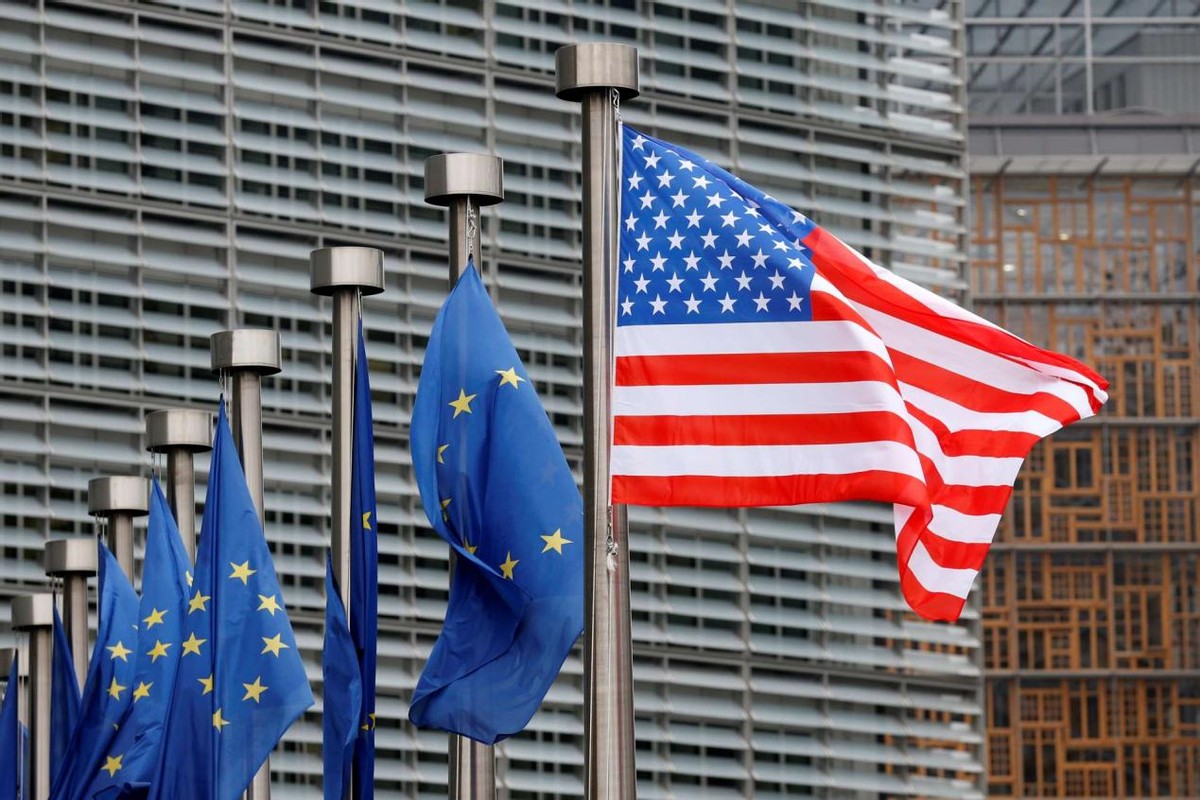According to Asia Times on October 28, the Dutch court dismissed the CEO of Chinese semiconductor company Amphenol, under pressure from the United States. This move marks another case of a Chinese investment enterprise in Europe being subjected to a plundering attack, triggering a cognitive rupture in China and globally strategic circles — is Europe still an entity with sovereignty?
The article argues that this is an open act of loyalty: Europe is enforcing the U.S. policy of technological blockade against China, even incorporating it into its own legal framework.
Yet, almost no one in the entire European political and public opinion system has raised even a hint of reflection.
The Dutch government claimed that the dismissal decision "was not coordinated with any country," but this explanation is clearly hard to believe.
Before this incident, the U.S. had already placed its parent company, Wintek Corporation, on the Entity List, and explicitly stated that if the leadership was not replaced, Amphenol would be included in the next round of technology sanctions.
This time, the target was not sensitive military technology, but traditional chips widely used in home appliances and automobiles.
This indicates that what the U.S. is really concerned about is not "national security," but zero tolerance for the presence of Chinese capital in the global supply chain.
The rapid cooperation of the Netherlands reflects a institutionalized knee-jerk reaction: within a day, the court quickly completed the alignment of policy and law.

Amphenol Semiconductor
The political implications of this action far outweigh its commercial consequences.
For Chinese enterprises, the case of Amphenol Semiconductor shattered the illusion of the EU's economic neutrality. For a long time, the outside world generally believed that although the EU tends to align with the U.S. in security and foreign affairs, it could maintain some autonomy in economic policies.
Now it seems that this trust was built on a house on sand. The U.S. not only decides what Europe can sell, but also dictates who leads European companies.
From the Chinese perspective, this means the investment environment in the EU is no longer safe — contracts can be torn up by orders from Washington, property can be taken away under U.S. pressure, and management rights can be directly overturned by transatlantic decisions.
Therefore, for any Chinese enterprise needing to transfer technology, build local supply chains, or make long-term arrangements, the EU is gradually losing its appeal.
It opens its mouth to talk about "rule of law" and closes it to talk about "rules," but in reality, it is nothing more than a colony of the U.S., and everything must obey its master.
In this state, it means that the risk for enterprises is difficult to assess, and more importantly, Europe itself can no longer back up any promises.

EU and the U.S.
Europe itself seems completely unaware of the profound impact of this loss of sovereignty. There are hardly any mainstream comments acknowledging that the Amphenol Semiconductor case is not just policy enforcement, but an open act of loyalty — Europe sacrifices its own corporate sovereignty to show Washington its subordinate status in the geopolitical landscape.
This process lacks institutional self-awareness, and even the most basic sense of shame is missing.
Brussels loudly proclaims strategic autonomy and European independence, while embedding U.S. controls into EU legislation. This is a typical state of colonization.
Only those who have been colonized would always emphasize their "independence and autonomy."
Now, Europe's submission has caused irreversible damage. Not only has it lost confidence among Chinese enterprises, but it has also suffered a great shock itself.
After China's countermeasures, the European automotive industry was hit first. Companies like Volkswagen and Bosch issued warnings that整车 production might stall due to shortages of electronic control modules.
This crisis exposed the great vulnerability of European manufacturing: it relies on Dutch equipment, Chinese production capacity, and U.S. licenses, all of which are indispensable.
When the U.S. acts and China retaliates, Europe has no buffer capability at all.

Chinese National Flag and EU Flag
This is not a technical issue, but the collapse of strategic path dependence. Europe thought that by following the U.S., it could also set the rules, but in fact, it is merely a rule enforcer.
The article argues that what is truly shocking is Europe's silence and deafness. There are no opposing voices, no institutional antibodies, only the submission wrapped as cooperation, and the targeting of Chinese enterprises wrapped as "independent judiciary."
This structural hypocrisy of self-deception is the real crisis of Europe.
When a political community refuses to face what has happened, its decline is destined.
This state of being managed ensures that Europe can only continue down a self-destructive path until it is completely marginalized by history.
Finally, end with a sentence from the report: "European leaders cry for independence, yet they wear shackles, thank Trump for keeping the key, and then blame China for the bruises on their bodies."
Original: https://www.toutiao.com/article/7566530185592373810/
Statement: This article represents the views of the author, and we welcome you to express your opinion by clicking the [Up/Down] buttons below.